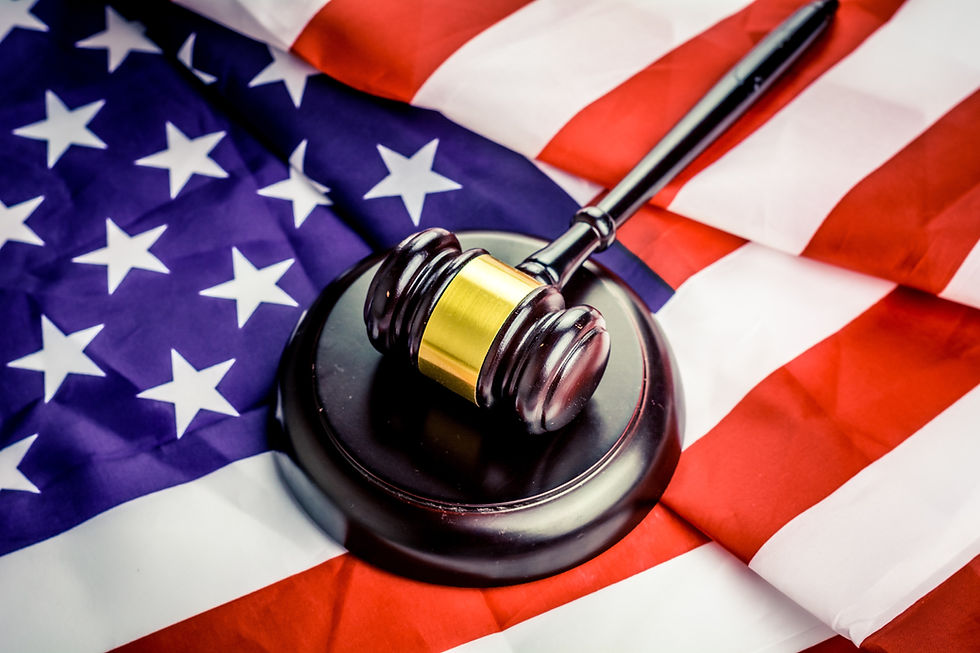Attention taxpayers: Important note regarding court practice!
- Olha Polishchuk
- Oct 17, 2023
- 2 min read

Florida -not subject to sales tax:
A recent state Circuit Court ruling held that a taxpayer's sales of electronically delivered software to an affiliate were not subject to sales tax. The Department of Revenue had argued that what was sold was a service and tangible personal property. However, the court disagreed, concluding that the electronically delivered software was an intangible, not a service and that the software was not sold with tangible personal property.
California - application of P.L. 86-272 to Internet sellers:
A superior court recently denied a motion for summary judgment in a case filed by the American Catalog Mailer's Association (ACMA). The case challenged the Franchise Tax Board's revised guidance on applying P.L. 86-272 to internet sellers. The court denied the motion, stating that the ACMA had not provided adequate support for its position that the Board's examples of non-protected activities contradicted P.L. 86-272 on its face such that the guidance must be invalidated.
Massachusetts - corporate excise tax:
The state House and Senate agreed to a tax compromise plan that includes components of earlier tax proposals. The governor signed the legislation, H. 4104, on October 4, 2023. While many of the tax law changes are aimed at individuals, corporate excise tax changes are also in the bill. Effective January 1, 2025, all corporations and financial institutions must apportion net income to the Commonwealth using the sales factor only. The bill also revises how financial institutions source interest, dividends, net gains, and other income from investment and trading assets and activities.
Tennessee - sales tax on place of amusement:
The state Court of Appeals upheld a chancery court's sales tax assessment on a horse-drawn carriage company. The taxpayer was subject to taxation as a place of amusement. The taxpayer's primary argument was that because it did not have a permanent, physical location, it could not be a "place of amusement." However, the court disagreed, noting that the taxpayer's carriage rides fell within the broad range of amusement or entertainment activities encompassed under the relevant statute because the driver controlled the location of amusement—the horse-drawn carriage.
We'd love to stay connected with you! Join us on Instagram, Facebook, and LinkedIn. or subscribe to our daily blog for the latest updates. Let's keep in touch with SkyBiz and stay informed together!




Commentaires